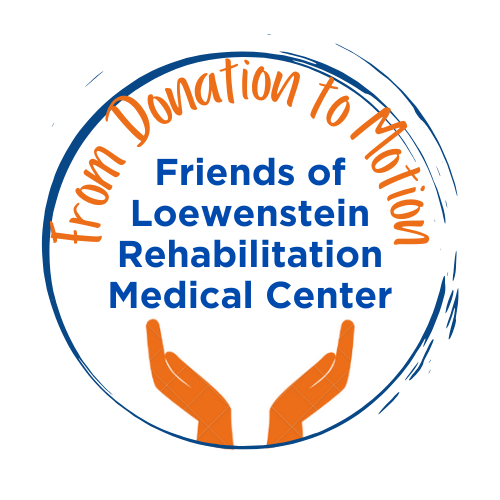Background
Music therapy is a therapeutic process that involves a three-way encounter between patient, therapist, and music. The musical experience and creative processes in the treatment room, which focus on the healthy parts of the patient, contribute to change at the physical, emotional, social, and spiritual levels, and to the realization of the patient’s rehabilitative potential.
The Need
Already about three thousand years ago, music served as a healing force in the interpersonal encounter between therapist and patient:
“And David would play his harp, and Saul would relax and feel better, and the evil spirit would depart from him.”
At Loewenstein, we use a wide range of options available in the world of music with the mediation of a certified and experienced music therapist: both instruments (percussion, drums, piano, guitar, the voices of the patient and of the therapist, etc.) and existing music (listening to various pieces or songs).
The therapeutic session involves words, sounds, and rhythms. There is a great variety of possibilities: joint playful music making, vocal or instrumental improvisation, singing, listening to songs together, and writing therapeutic songs. Some of the patients referred for this unique treatment have difficulty expressing emotions in conversation; others suffer from language and speech problems, or motor problems in the upper limbs. For each of them a treatment is tailored according to their situation, without the need for prior knowledge of singing or playing.
Today this unique treatment is offered only in some of the departments. Expanding it will enable us to make it available to a wider range of patients who trust us to provide them with rehabilitative care, even when it is beyond the range of regulatory public funding.
… and we will not stop playing …
A patient who had previously played the clarinet, started playing again with the encouragement of the therapist, even though at first he did not believe in his ability to do so. He played both on Rosh Hashanah, before the staff of the Medical Center, and at the inauguration ceremony of the new hospital tower.
He enjoyed general acclaim for his efforts and coping, despite the motor and emotional difficulties involved in playing, not to mention playing in front of an audience.
… despite everything, we will not stop singing …
A patient arrived at the music treatment room after a severe stroke. He suffered from paralysis in the right part of the body and severe muscle weakness in the left part. He had great difficulty communicating with his environment. During several sessions, at the patient’s request, his wife was present in the treatment room. Their way of expressing thoughts and feelings about the situation and their relationship was by dedicating songs to each other — songs they knew from their past, and which took on extraordinary significance in the given situation.

